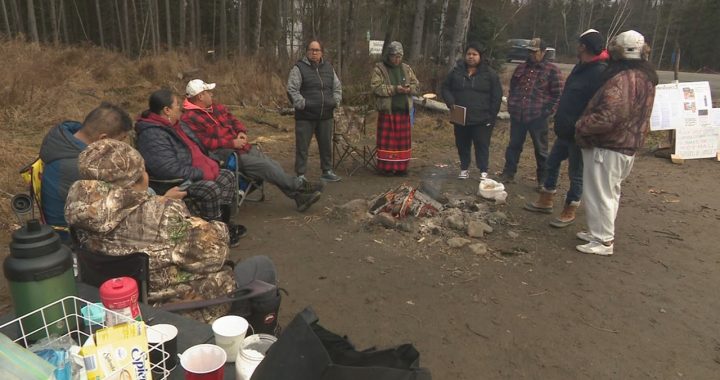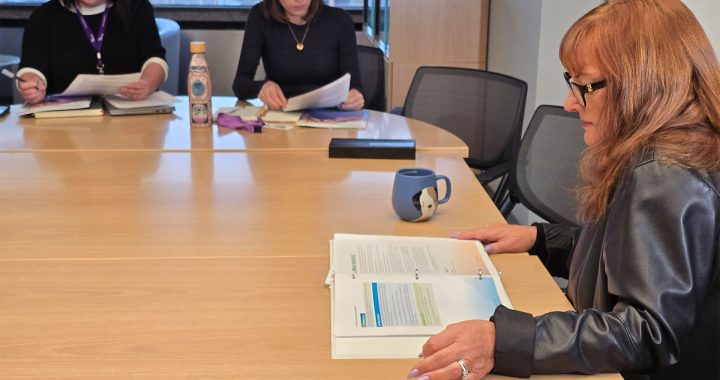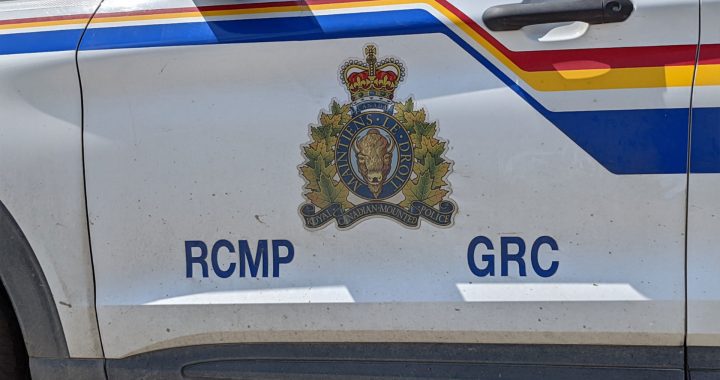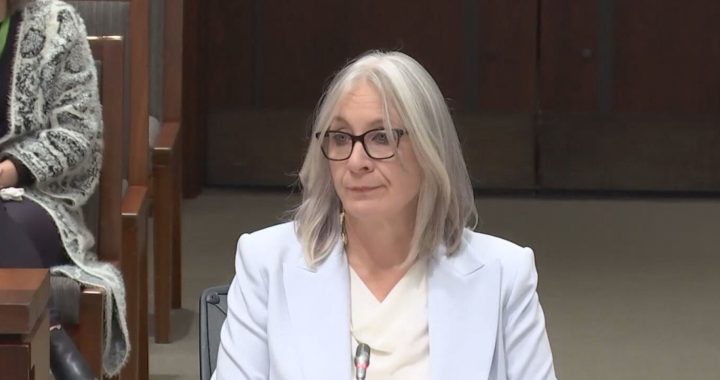Treaty 8 Grand Chief Arthur Noskey says Bill C-15, which is currently going through the committee process in Parliament, should be negotiated on a Nation to Nation basis and not through the Assembly of First Nations (AFN).
According to the feds, the proposed legislation will bring Canada’s laws inline with those in the United Nations Declaration on the Rights of Indigenous Peoples, also known as UNDRIP, including self-determination, self-government and language.
Noskey, Treaty 6 Grand Chief Vernon Watchmaker, along with chiefs from Treaty 7 have called Bill-C15 flawed, and was developed without the free, prior and informed consent of the Treaty Nations.
Noskey told APTN News that the AFN, who support the bill, should not be negotiating it with the Canadian government.
“AFN does not speak on behalf of Treaty 8 and I believe that they are not in tune or in touch with a lot of our grassroots people in understanding our sovereign relationships that we have,” he says. “Because if they did, if they knew that these treaties were sovereign to sovereign agreements…why are they there trying to speak on behalf of them?”
According to the AFN, National Chief Perry Bellegarde was too busy to comment – but a member of his executive agrees with the chiefs in Alberta.
Marlene Poitras, regional chief of the AFN in Alberta, says the AFN shouldn’t be negotiating Bill C-15.
“The AFN is a lobby group. We are there to facilitate the direction as provided by the chiefs in assembly, and that’s our role,” she says. “It’s not to negotiate and make decisions on behalf of First Nations. It’s the Nations that do that, not the Assembly of First Nations as an assembly.”
She says the Canadian government needs to put aside time to consult with First Nations, and mentioned only two sessions were held in Alberta.
Noskey says he’s concerned the legislation will hurt more than help.
“This is 121 years in the making and the question we have is this once again another suppressive legislation that is going to be interpreted by one side to be able to again restrict and suppress,” he says.
“That is the issue the First Nations have and are concerned about.”
Federal Justice Minister David Lametti says that “engagements would continue throughout the Parliamentary process,” and that, Parliamentarians have the opportunity at several stages to examine the bill in depth, hear from Indigenous partners and consider any amendments that are brought forward for inclusion.
“We are open to any proposed improvements to Bill-C-15″
Noskey says he doesn’t think the bill is necessary at all.
“I think the crucial piece we have here that is missing the Treaty partners under the sovereignty agreement to create their own laws,” he says.
“To create their own legislation. And how they go forward in the process of reconciliation.
Feds pressed to define ‘free, prior and informed consent’ in UNDRIP bill
In Ottawa, federal officials are facing calls for greater clarity on how a bill to harmonize Canada’s laws with UNDRIP could affect future development projects and government decisions.
Opposition MPs studying Bill C-15 are asking why the Liberals have not included a definition of a key article from the UN declaration that would compel Ottawa to obtain “free, prior and informed consent” from Indigenous Peoples on any decisions that affect their lands or rights.
Conservatives have raised concerns that this provision would give First Nations a “veto” over development projects, but Crown-Indigenous Relations Minister Carolyn Bennett says there is “complete consensus” from legal and Indigenous experts that this is not the case.
Pressed today on whether she would personally support a more definitive interpretation of “free, prior and informed consent” in the bill, Bennett says she would “worry” about this move.
Bennett says a consensus would be needed among Indigenous partners co-developing the bill with the government on how to define this consent provision _ something that has not been reached to date.
She adds her government is listening to calls from a number of national Indigenous organizations looking for changes to strengthen the bill and ensure their existing land and treaty rights are not frozen or eroded by this new law.
With files from the Canadian Press.









